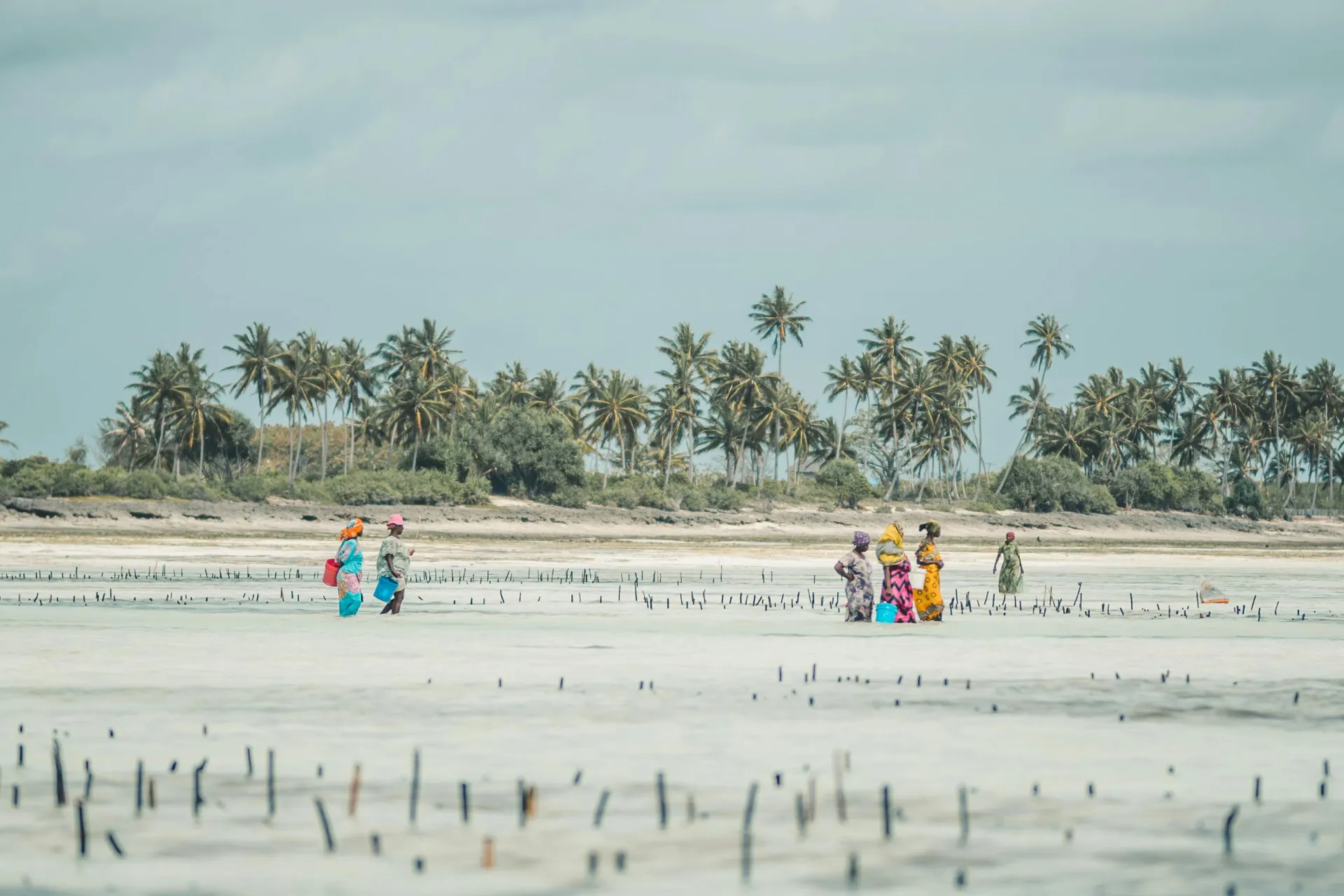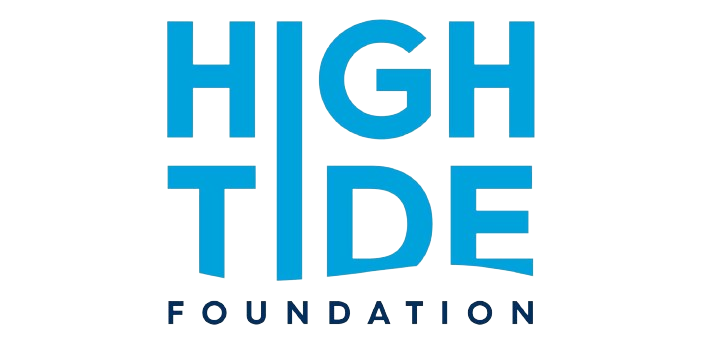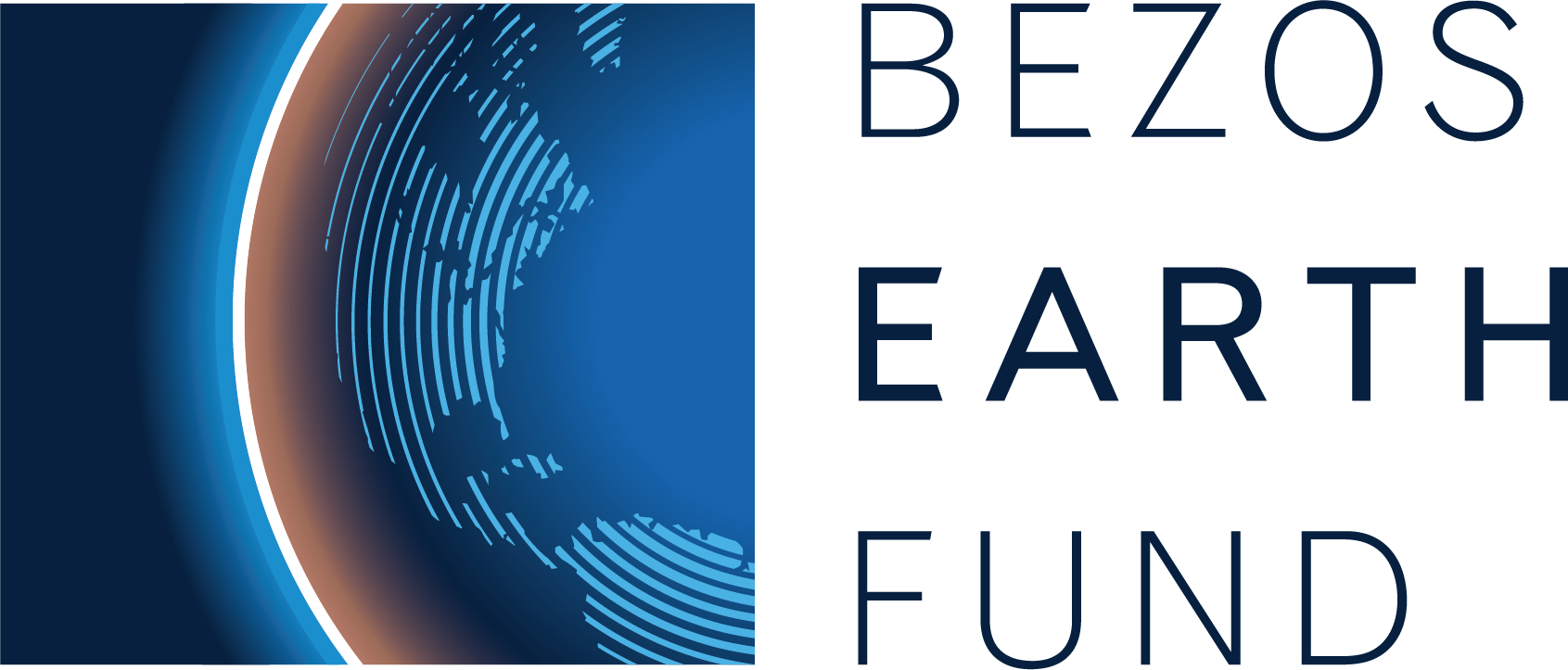How high-integrity carbon projects in Africa can maximise positive impacts for communities
Written by ICVCM
Published
6 min read
High-integrity carbon markets are opening new opportunities for African project developers and communities to access global markets, attract finance and deliver real benefits for people and nature.
The Integrity Council’s Core Carbon Principles (CCP®) give a clear route to quality that buyers and regulators recognise – so that projects can plan transitions and new activities with confidence, ensuring the rights and interests of both Indigenous Peoples and local communities are central.
Why this matters now for communities and developers in Africa
Finance for climate and development across Africa remains inadequate, while the needs of communities are growing. People across Africa are at the frontline of many climate-related impacts such as the unprecedented flooding, persistent droughts and extreme heat. In 2024, for example, Southern Africa experienced its worst drought in two decades, with cereal yields falling 16% below the five-year average. In Zambia and Zimbabwe, yields plummeted by 43% and 50% respectively, while West and Central Africa suffered devastating floods affecting over 4m people.
High-integrity carbon credits can help bridge part of this gap by bringing funding to local projects that reduce or remove emissions and support sustainable development.
Demand for carbon credits is shifting toward quality: almost 40% of buyers are now actively looking for CCP-labelled credits, and these credits increasingly trade at a premium – $0.60 to $10 per tonne more, with a median uplift of around $2.30 – a signal that integrity is valued. Retirements are also trending toward recognised integrity frameworks, with the share of CCP/CORSIA aligned retirements rising from ~29% (2021) to close to 50% (2024).
This is an opportunity for communities and project developers to access a higher price for carbon credits from their projects, generating income that can be channelled to the local level.
How the CCPs help projects succeed
The CCPs and the Assessment Framework spell out what high integrity looks like in practice so developers can design or upgrade projects using methodologies that meet a globally trusted threshold:
- Clarity and alignment: the CCPs clearly set out expectations for programs and methodologies, which reduce uncertainty, help secure offtake and facilitate recognition across jurisdictions.
- Market access and pricing: the CCP label signals robust environmental and social integrity, helping projects reach buyers looking for high-quality credits.
- Lower barriers to access carbon markets: through oversight and Continuous Improvement Work Programs, the Integrity Council is exploring solutions on greater transparency on benefit sharing, fair pricing, oversight of Verification and Validation Bodies, digital Measurement Reporting and Validation, and simplified approaches for small projects to reduce costs while maintaining rigour.
Protecting people and nature – putting communities at the heart
CCP Eligible carbon crediting programs require that projects:
- assess and mitigate risks to Indigenous Peoples as well as local communities;
- operate with free, prior and informed consent (FPIC) for Indigenous Peoples; and
- are transparent about benefit sharing and adopt measures to conserve biodiversity.
These strengthened safeguards apply to all projects using CCP-Approved methodologies, either new, or to existing projects as they transition under program rules.
The Integrity Council also supports the self-led Indigenous Peoples and Local Communities Engagement Forum (the Forum), which focuses on capacity building and community self-strengthening , best practice for grievance mechanisms and benefit sharing, respecting Traditional Ecological Knowledge and customary laws, and removing barriers to participation.
Practical steps for carbon project developers
- Map your project pipeline against CCP Approved methodologies and identify required upgrades; use the Integrity Council’s Assessment Framework and assessment status pages to help plan transitions.
- Integrate community engagement early, including operating with FPIC for Indigenous Peoples and establishing clear, transparent benefit sharing arrangements.
- Build for verification and transparency: design monitoring plans that leverage digital MRV where appropriate and document financial flows to communities.
- Join capacity building opportunities with the Integrity Council and partners – workshops, webinars and trainings can help reduce costs and accelerate readiness.
- Sign up to the Integrity Council’s newsletter to get regular updates.
Market momentum African carbon project developers can tap into
There is real momentum developers can build on:
- Globally, 445 million credits are in the pipeline (registered, under validation or transitioning; excluding projects still under development).
- 7 programs are CCP-Eligible and 28 methodologies are CCP-Approved, covering ~48 million tonnes of emissions reductions and removals; Globally, 120+ new projects using CCP Approved methodologies are under development.
For Africa specifically, momentum is concentrating in project types that matter locally – clean cooking and household energy (and clean water supply); afforestation, revegetation and reforestation (ARR), and agroforestry; REDD+; renewables; agriculture (soil organic carbon and rice); enteric methane; and landfill gas/waste methane avoidance. Several of these areas already feature among CCP‑Approved methodologies or are in active assessment, giving developers a clear route to plan transitions and design new activities with confidence.
Universal access to clean energy in Africa is vital and enormously challenging. 80% of the world’s population who live without access to energy are in Africa. Carbon finance can play an extremely important role since public and development finance (DFI) funding for energy projects in Africa has fallen by approximately one-third in the last ten years. Work is underway to ensure renewable energy methodologies are more robust and truly additional. The ICVCM has invited carbon-crediting programs to submit updated methodologies since current methodologies do not meet criteria – and updated methodologies need to better account for the rapidly changing economics of renewables.
One of the ICVCM’s Continuous Improvement Work Programs is also exploring stronger approaches to additionality in this sector. Developers can track decisions and timelines on the Assessment Status page.
Scaling African supply of CCP-labelled credits is a pathway for communities across African countries to access finance that would not otherwise be available, that can generate millions of jobs and driving sustainable development that protects local customs and traditions. As supply grows, companies worldwide will direct more finance to African projects that deliver measurable, positive impacts for people and nature in order to take greater responsibility for residual emissions they cannot yet cut.
A practical invitation
If you would like guidance on transitioning to CCP Approved methodologies, joining capacity building sessions, getting involved with our Continuous Improvement work or contacting the Indigenous Peoples and local communities engagement Forum, please get in touch at info@icvcm.org. The Integrity Council welcomes opportunities to collaborate with developers, communities and intermediaries across Africa.
The Core Carbon Principles
The Core Carbon Principles (CCPs) are ten fundamental, science-based principles for identifying high-quality carbon credits that create real, verifiable climate impact.

Stay in touch
Sign up to the Integrity Council’s newsletter for ongoing updates on high-integrity in the voluntary carbon markets.
Newsletter








